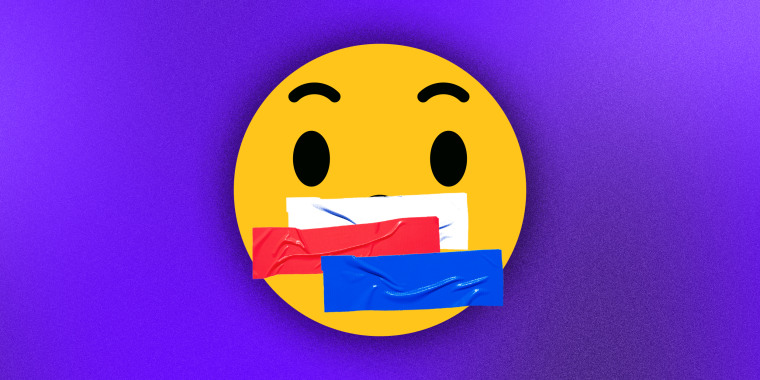As Russia continues its invasion of Ukraine, Kremlin officials announced Friday they will “partially" restrict access to Facebook after the platform took steps to fact-check many accounts linked to the Russian government.
A statement released by multiple high-level Russian officials claimed the restriction is a response to Facebook’s “violation of fundamental human rights and freedoms, as well as the rights and freedoms of Russian citizens.” The statement didn’t make clear what measures Facebook and its parent company, Meta, had taken that would qualify as human rights violations, nor did it explain what a “partial” restriction of Facebook would look like.

We do know, however, that the Russian government’s rationale for waging war against Ukraine has been rife with disinformation. And contrary to the impression you may get from your dumpster fire of a news feed, Facebook does have policies in place to restrict the spread of some false information.
The impetus behind Russia’s restriction on the social media platform became clearer within minutes of its announcement.
Meta’s vice president of global affairs, Nick Clegg, said in a statement that the Russian government ordered the company to "stop the independent fact-checking" of content posted to Facebook by four Russian state-owned media organizations.
Russia’s focus on its social media accounts during a time of war just emphasizes the outsize role social media has come to play in international affairs. And if you think this particular rift between Facebook and Russia has the feel of a lovers' quarrel, I don't blame you. I know well the damage Russian disinformation has wrought when shared on Facebook: Russian officials successfully targeted American voters with fake news in the 2016 election.
But in this most recent case of Russian disinformation, aimed largely at the Russian people, Facebook seems to have put up a roadblock and angered the Kremlin immensely.
